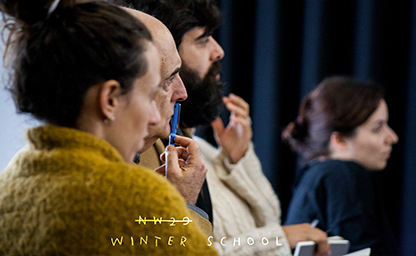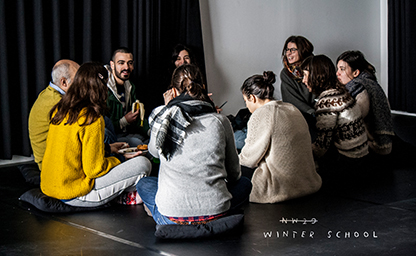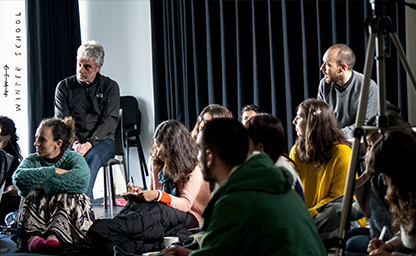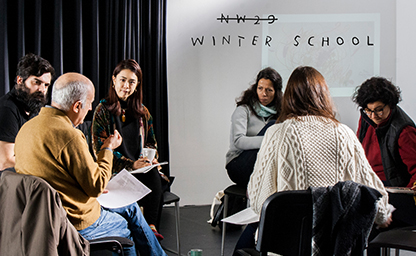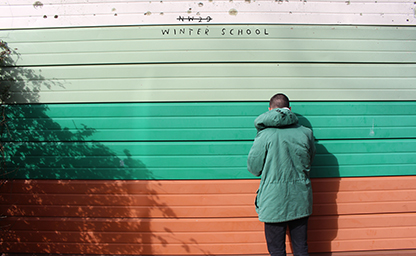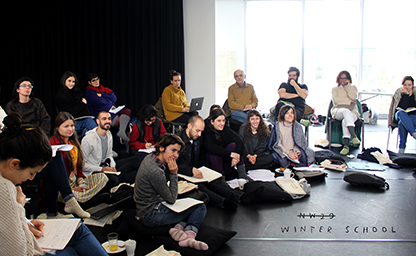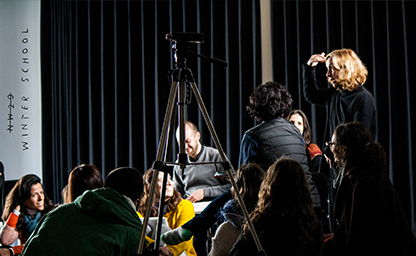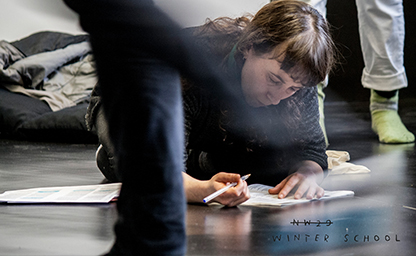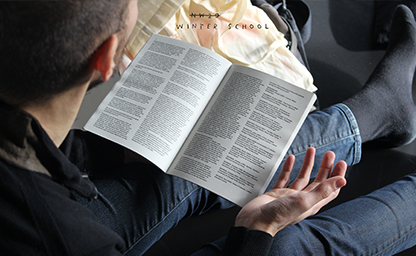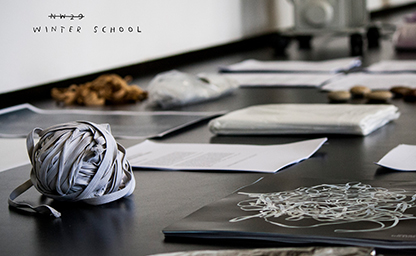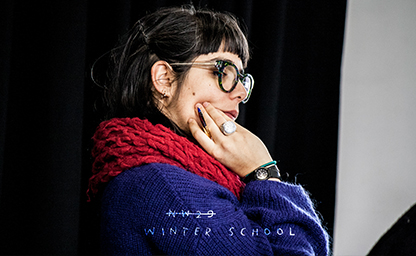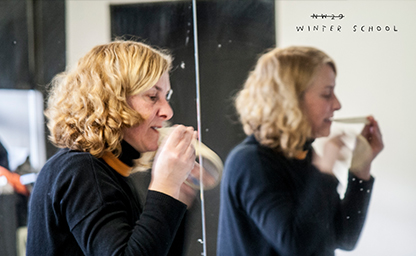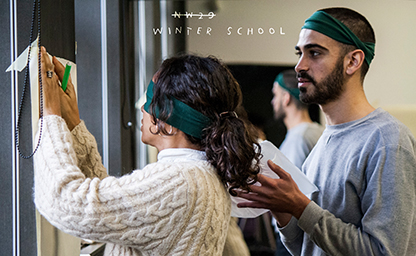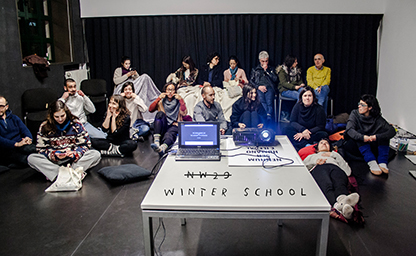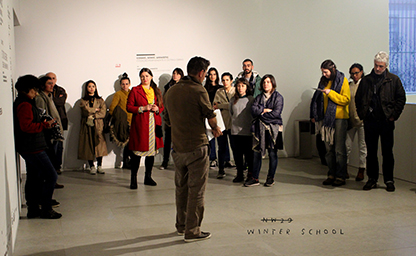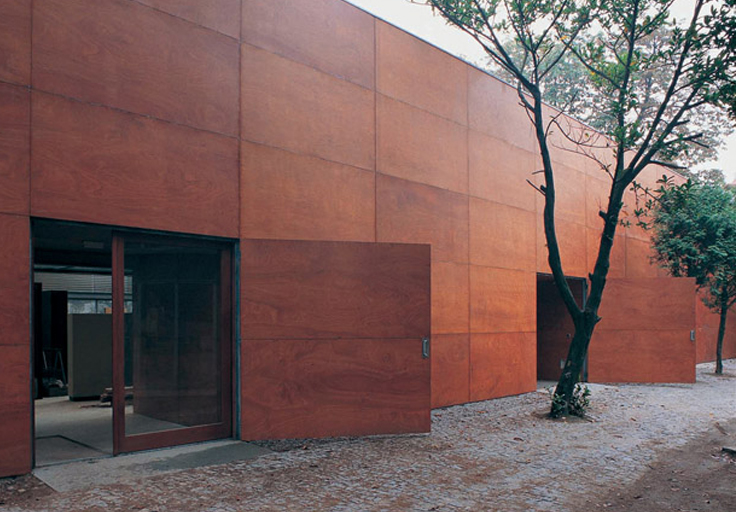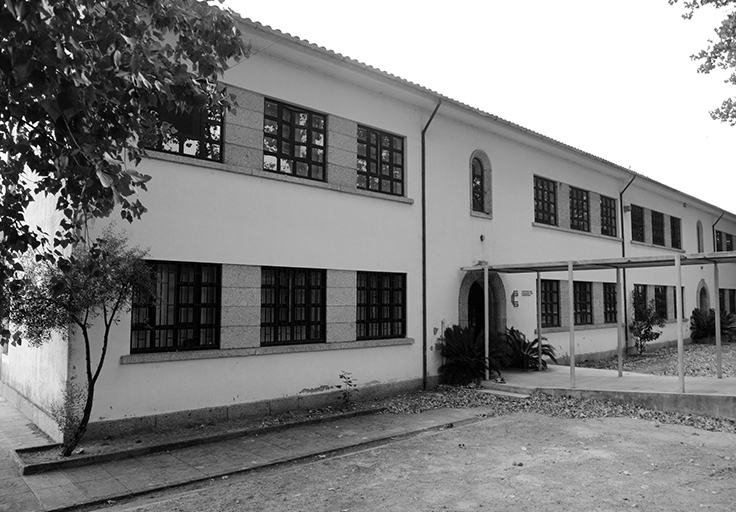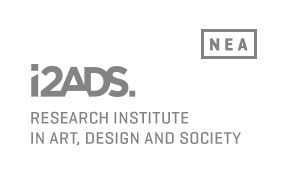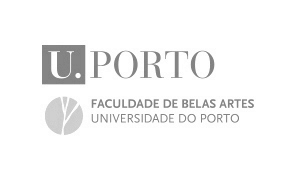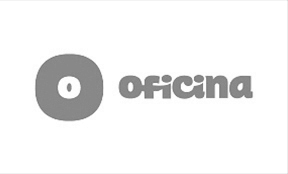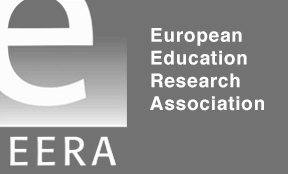Arts-based research:
How do the artistic and the educational entangle?
Taking into account the latest editions of ECER and particularly of the NW29 programmes, it has become increasingly evident the shared interest in the issues of the mobilization of artistic practices/methodologies in educational research. In itself, this concern of the entanglement of artistic procedures and educational intents is rather wide and subject to many interpretations under the generic name of arts-based research. We therefore think that by conceiving the Season School under this motto and with the inputs of mentors with quite different backgrounds, we will be able to focus on the different perspectives underlying the term ‘arts-based research’ and approach it in its complexity.
The territory of plural discussion generated is intended to bring to the forefront the intersection of arts-based activities with different educational contexts, considering the expectations associated with such activities, the effects these particular practices have within the classroom and with groups of people in educational services inside a museum/cultural institution, among other things. At the same time, the idea of art and artistic practice is to be defied and re-thought in these specific contexts and this constitutes a core issue of the arts education epistemology: is arts-based art yet? Why to use the term art to refer to practices with images, body movement and drawing activities outside of the art world?
Certain sub-topics are contained in the main subject of the season school , that is to identify, to share and to discuss possibilities of the entanglement of artistic and educational practices.
They will be introduced within the working groups to relate to students’ contributions:1 • How does arts-based research relate to cultural institutions practices?
2 • How can the entanglement of artistic and educational methodologies rethink school practices?
3 • Rethinking social spaces of entanglement between artistic and educational practices.

